Dan Kalbacher (@DanKalbacher) is a blogger, cycling fan, neo-racer, and law enforcement official with a degree in Criminology, Law and Society. He brings a unique understanding of the Armstrong case to us in this op/ed piece.
His views are his own and do not necessarily represent his jurisdiction’s positions, strategies, or opinions.
You can read more of his writings by following him on twitter and on his blog.
* * * * *
Armstrong Case Closed: The Right Decision.
The federal criminal investigation into seven-time Tour de France winner Lance Armstrong came to a sudden end on late Friday afternoon resulting in no federal criminal charges being brought and the case officially being closed. The social media world of Twitter and Facebook were full of buzz, ranging from the “Are the F-ing kidding me” tweet by Tyler Hamilton [subsequently deleted – ed.] to the various other “I told you so” style comments and tweets from Lance supporters. While those in the court of public opinion had already rendered their verdict in the Armstrong case, if we take away the court of public opinion, it is evident that the correct decision was made and hopefully I’ll explain why.
The federal investigation into the Lance Armstrong case lasted for nearly two years with numerous “reports” of eye witness testimony “proving” Lance Armstrong used prohibited substances during his career. In addition, various other information unearthed by leaks, interviews and the press pushed the court of public opinion further against Lance for many people. While the media continually reported various new information and reports, including a very damaging 60 Minutes interview with Tyler Hamilton, federal investigator Jeff Novitzky was busy building his case for eventual prosecution in a federal criminal court. Nearly all the evidence gathered by Novitzky, along with testimony given by witnessed under subpoena, has yet to be disclosed as those records are still sealed from the public. Following the decision to close the case, most of the information referenced by the public was media reports and leaks, with nothing from the evidence gathered by legal witness testimony. But in the end, the only evidence that mattered was what could eventually be used in court and not from the media.
Our legal system did not fail us
As a member of the law enforcement, I can understand the work involved in preparing a case for prosecution in criminal court. As a fan of professional cycling, in following doping cases I’ve noticed that the approach for adjudication of those cases was significantly different from the Armstrong case, and is something that has not been completely differentiated. Armstrong’s case was a federal, criminal case and in order to convict Lance Armstrong the prosecutor would have had to prove their case beyond a reasonable doubt, a significantly high burden. That burden is in place in order to protect the innocent accused in our legal system, no matter how unpopular the defendant is.
Betsy Andreu, wife of former Armstrong teammate Frankie Andreu, was quoted as saying that “Our legal system has failed us” and further claimed that people with money can buy attorneys with “people in high places in the justice department.” Sadly, those comments come more out of outrage and frustration in a case they view as a slam dunk in the “court of public opinion.” While some may not agree with all the tactics employed by Novitzky, from my reading of him, he’s an investigator not afraid to get down in the weeds to gather evidence against a defendant. In fact, it was clear that he put forth a great deal of effort and time investigating every possible lead in this case and has shown no evidence that he or prosecutors were influence by people in “high places in the Justice Department.”
An investigator is not the final decision-maker in whether to charge a defendant – a prosecuting attorney is. He is the one ultimately responsible for advocating the case on behalf of their client, the government. He will be the one with nearly all the responsibility in presenting the case to a jury. During college, in my constitutional criminal law class, I learned that prosecutors and law enforcement officials are “ministers of justice.” They have a great deal of power but with that power also comes responsibility in doing the right thing and making the “right decisions” even if it is going to be greatly unpopular and unsupported one. It’s been a long-held notion that it is the duty of a prosecutor to seek justice and not to simply convict. The criminal laws and statutes in our society provide a defendant with the legal protections all accused are offered, no matter how unpopular or hated the defendant is. Novitzky has a successful record in cases like these, and from his past experiences does not appear one to be influenced or intimidated by someone as massively popular as Lance Armstrong, and if prosecutors felt that after two years of investigation their case could not obtain a conviction, then I am confident they did everything in their power to ensure no stone was left unturned.
This was not a typical cycling dope case
I think it is safe to say that much of the anger that comes from the closing of the Lance Armstrong case is due to cycling fans being stuck with the notion of a regular doping investigation, where an accused rider is essentially guilty until proven innocent. The Armstrong case was a criminal investigation into possible violations of RICO statutes and federals fraud offenses and whether federal funds were used to facilitate doping by the team. In order to convict Armstrong in a court of law, prosecutors would have had to prove beyond a reasonable doubt that that occurred, which is an incredibly high burden to bear, and rightly so. In trying to understand the rationale for the decision to close the case, cycling fans must understand that this had little to do with simply doping. Many other factors were involved in successfully pursuing this case.
Much of the information the public has in relation to this investigation is through leaks, hearsay, or interviews, but that information did not undergo the scrutiny of defense attorneys in a criminal trial. Unless we know exactly what was said during grand jury testimony and what evidence was gathered over the last two years, we really don’t have much to go on except our own personal speculation. The only people who had access to the information determined and felt in their professional legal opinion that they did not have enough to move forward to indict or even convict Lance Armstrong in the federal court of law.
What this means for our legal system
Since the announcement of the Armstrong case closing there have been many comments and thoughts that the American legal system failed and “justice” was not served. I cannot disagree more. For over half a decade I’ve worked in the American legal and criminal justice system. Watching the course of the Armstrong investigation play out leads me to say it has not failed at all. In fact, I argue that it is best in the world, without question. This is because the safeguards in place to protect an accused individual are astounding, and if you take away personal opinions of someone’s guilt or innocence prior to judicial adjudication, then it’s hard to say it should be any different.
The very experienced and capable federal investigator Jeff Noviztky appears to have conducted the most thorough and full investigation possible. Based on his work in the BALCO case, his work ethic is exceptional and unmatched by anyone in his position. He also does not appear to be someone who would be intimidated by Lance Armstrong or his legal team in place. While many will disagree with me, I trust that if he couldn’t build the case to bring down Lance Armstrong then it just isn’t possible, at least in a criminal sense. And people must remember, because it appears to have been missed – this case was not about whether Lance Armstrong doped but rather did he use federal funds to set up an illegal drug (doping) ring on U.S. Postal with the use of tax payer funds. The RICO investigation involved here was significantly more than “Did Lance Armstrong use drugs to help him win in the Tour de France?” It is now up to USADA and WADA to prove whether he used performance-enhancing drugs, which should be a lot less difficult than proving criminal guilt beyond a reasonable doubt.
In closing
No matter what your opinion is of Lance Armstrong, the closing of his federal criminal investigation is probably not going to change it. As a cycling fan and someone who has worked in law enforcement for a while, I can safely say that the decision the U.S. Attorney’s Office made in closing the case was the right decision. I believe they did the best they could with the evidence they were able to obtain and gather over the last two years. For people to question their ethics and integrity without any evidence provides little to any relevance to the overall discussion. However, both Novitzky and the U.S. Attorney’s Office will be subjected to a great deal of media and fan scrutiny about whether politics or other factors influenced their decision making, and after reflecting on it I think it should be welcomed. If their investigation was lawful and ethical then they should not fear further scrutiny into their work. They should expect it as professionals, and in the end it will remind those after them they will be held accountable because we expect that of our law enforcement and legal professionals.
Everyone is entitled to their personal opinions about Lance Armstrong and whether or not he doped and cheated, but to allow those feelings to influence your views on the criminal investigation that had nothing to do with his possible doping misses the point of what investigators were attempting to prove in whether or not he violated any federal criminal laws.

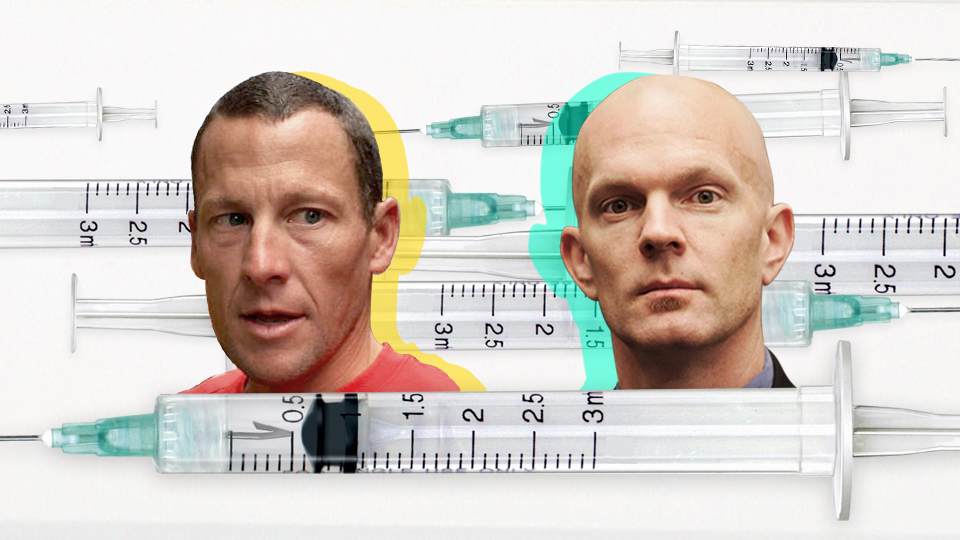

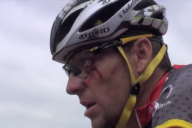






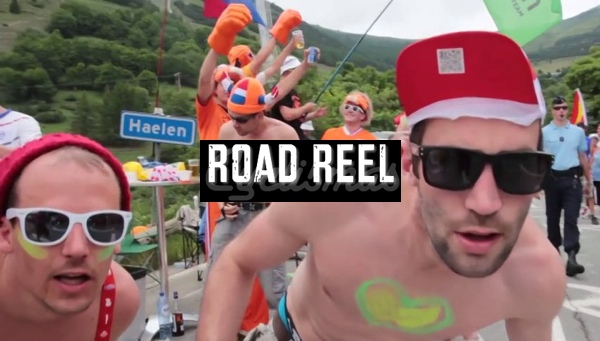
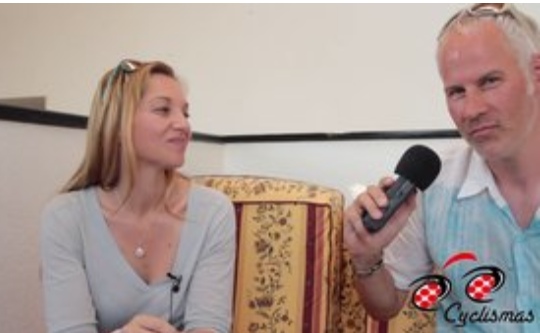
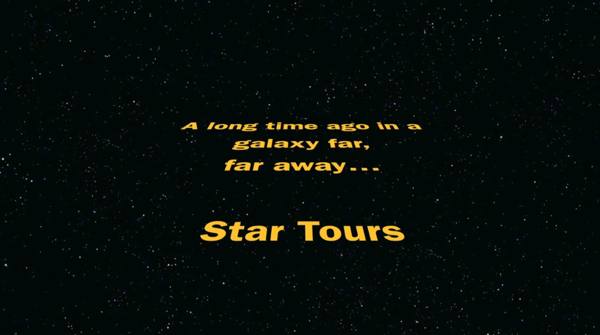


5 Comments
Are you kidding, or are you just clueless? So far as I can tell, you didn’t see any of the evidence that the PA saw, so where do you get off saying “the decision the U.S. Attorney’s Office made in closing the case was the right decision”? Maybe, there was some hard evidence, and the PA made a piss-poor legal decision. How would you know that? Or, maybe, the PA was instructed by the Justice Department to close the case, and the PA decided not to sacrifice his career for it? Again, how would you know that? And please don’t try to claim we have a corruption-proof legal justice system.
Your lack of access to the evidence is the same as the rest of general public, rendering your conclusion to be essentially guesswork. Yes, it MAY HAVE BEEN the right decision, but it also MAY HAVE BEEN a wrong decision, and it MAY HAVE BEEN a corrupt decision.
Whether a scientist or a lawyer, it is generally best to question conclusions unsupported by evidence.
http://www.cyclingnews.com/news/did-u-s-attorneys-disagree-on-whether-to-close-armstrong-u-s-postal-case
Did U.S. attorneys disagree on whether to close Armstrong, U.S. Postal case?
Wall Street Journal report alleges case was “not open for discussion”
The Wall Street Journal has alleged there was some debate within the US Attorney’s Office as to whether the two-year investigation into allegations of fraud and doping that involved the U.S. Postal Service Team and Lance Armstrong should have been closed last week. Armstrong has denied ever taking performance enhancing and welcomed the decision to close the case. He may still face investigation from USADA.
The report follows US radio station National Public Radio (NPR) revelationsthat sources in the Federal Bureau of Investigation (FBI), Food and Drug Administration (FDA) and U.S. Postal Service were ‘shocked, surprised and angered’ and that federal authorities only had 30 minutes notice before the United States Attorney’s Office issued a press release to the media on Friday afternoon.
U.S. Attorney Andre Birotte Jr. is believed to have informed investigators from the FDA, the FBI and the U.S. Postal Service Office of his decision, the timing of which has been brought into question by NPR. Meantime Justice Department officials in Washington were also aware of Birotte’s decision, according to a source.
In a statement to the Wall Street Journal, a spokesman for the U.S. attorney in Los Angeles, Thom Mrozek explained: “In this office in essentially every significant investigation, a prosecution memo is prepared prior to a charging decision to outline the legal theories, the evidence, and the strengths and weaknesses of a particular case. That in fact was done in this case,” he said. Mrozek cadded that “the prosecution memo was provided to the U.S. attorney and his management team well in advance of the final decision and…was thoroughly reviewed and discussed prior to the decision.”
The report then goes on to suggest that Birotte was unwilling to consult with his team further on the matter, saying “that his decision was final and that there would be no discussion” according to a source “close to the investigation”.
The two assistant U.S. attorneys in Los Angeles on the case, Douglas M. Miller and Mark Williams, declined to comment while Birotte could not be reached.
Cyclingnews spoke to a source who co-operated with the federal investigation. The source indicated that the NPR reports held weight.
“I talked to someone within the investigation but the reason why the case was shut down was due to a one-man decision. The evidence against those involved was absolutely overwhelming. They were going to be charged with a slew of crimes but for reasons unexplained he closed the case saying it wasn’t open for discussion,” the source said.
Another Interesting Read
http://online.wsj.com/article/SB10001424052970203315804577209511653273618.html
[…] we talk about the dropping of the Armstrong case by federal investigators (Dan’s article here), how much I love Tom Boonen and how he might be bike doping, the Tour of Oman, and the effects of […]
[…] we talk about the dropping of the Armstrong case by federal investigators (Dan’s article here), how much I love Tom Boonen and how he might be bike doping, the Tour of Oman, and the effects of […]